Seeing country more polarized, American voters fear for future
Updated: 2016-11-03 09:27
(Xinhua)
|
||||||||
This year's presidential election has, indeed, exposed and underscored the deep polarization haunting the American society in recent decades.
There seems to be an endless list that Americans find themselves on the opposite sides of the spectrum -- abortion, gun control, immigration, healthcare, climate change, the role of government, homosexuality, and even who can use which bathroom.
A political polarization update released by Pew Research Center in April found that Republicans and Democrats were more divided along ideological lines than at any point in the previous two decades.
Today, an overwhelming share of Republicans (93 percent) is more conservative than the median Democrat, while a nearly identical share of Democrats (94 percent) is more liberal than the median Republican, the research showed.
Two decades ago, a much smaller majority of Republicans (64 percent) were to the right of the median Democrat, while 70 percent of Democrats were to the left of the median Republican, it revealed. With liberals and conservatives combining significantly surpassing moderates, the electorate is moving further apart.
The 2016 race to the White House pits two of the most polarizing figures in public life today -- one a former first lady, senator and secretary of state; the other a New York businessman tycoon who has never been elected to public office before.
A byproduct of the political polarization, Clinton and Trump, both more strongly disliked than any nominee in the past presidential cycles, have driven an even larger wedge into the divided electorate.
A considerable portion of voters in the battleground states of Ohio and Pennsylvania Xinhua reporters toured lately have made it clear that their endorsement of Trump is rejection of Clinton, and vice versa.
- Syrian army announces 'humanitarian pause' on Friday
- Park shuffles Cabinet, infuriates opposition
- Court to rule on whether London needs parliament to trigger EU exit
- Seeing country more polarized, American voters fear for future
- France to begin moving migrant minors from Calais
- China-Japan ties growing but unstable: Premier
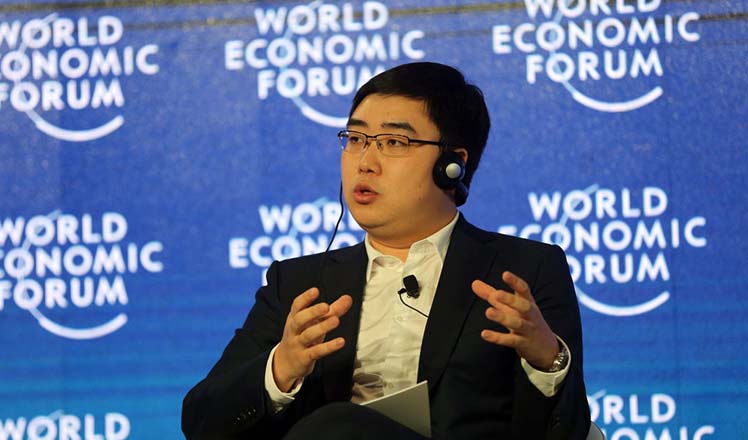
 China's top 10 post-80s self-made billionaires
China's top 10 post-80s self-made billionaires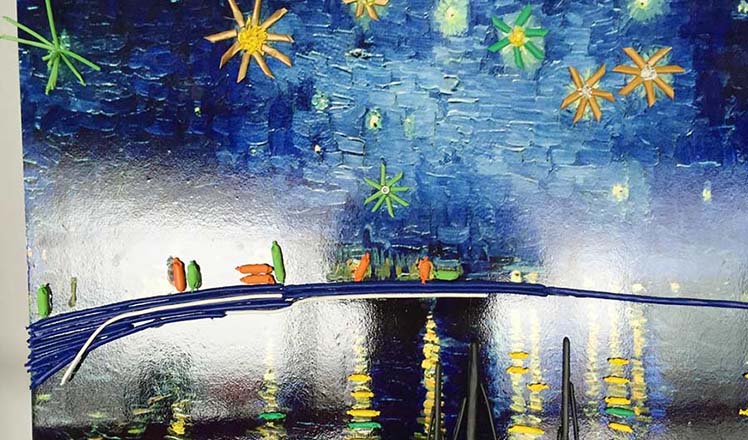
 Famous paintings recreated with chocolate
Famous paintings recreated with chocolate
 Looking for a ride?
Looking for a ride?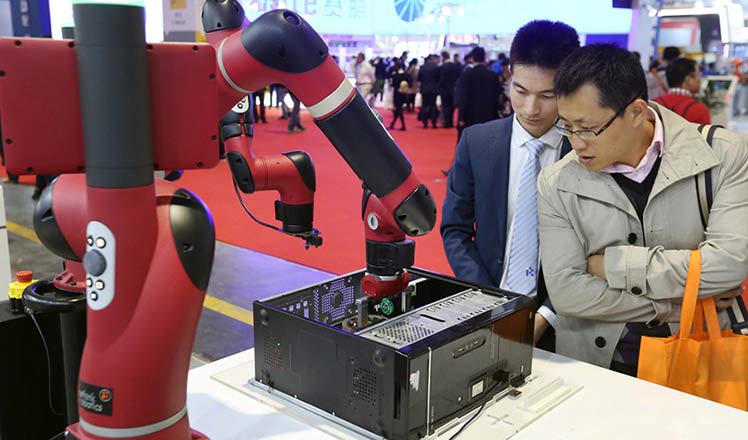
 Robots draw people to China International Industry Fair
Robots draw people to China International Industry Fair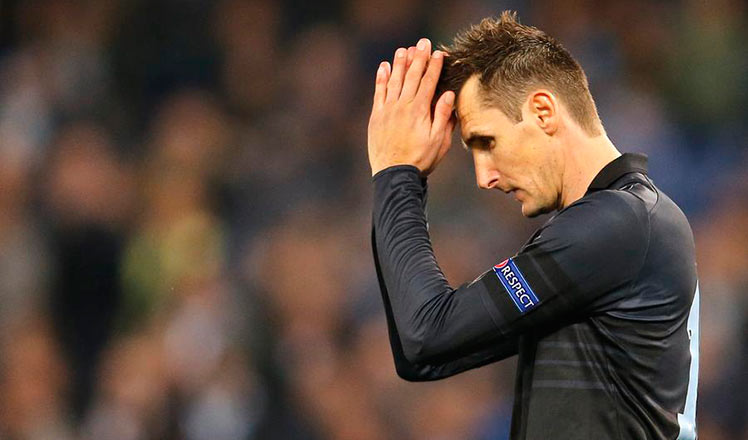
 German international Miroslav Klose retires
German international Miroslav Klose retires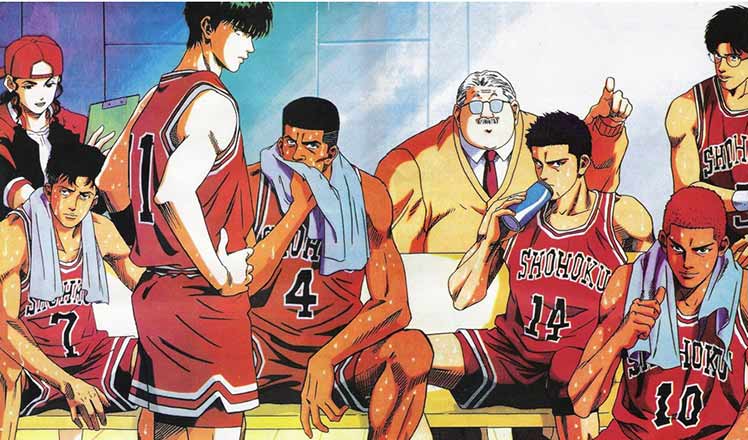
 Top 10 most influential Japanese cartoons in China
Top 10 most influential Japanese cartoons in China
 Opera performer who takes her shows to villages
Opera performer who takes her shows to villages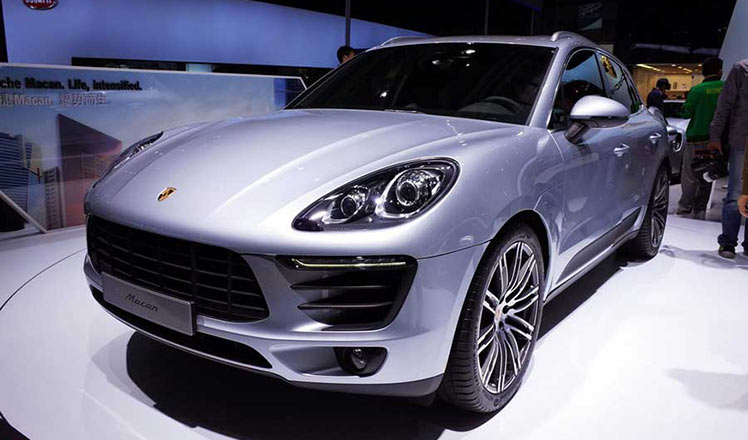
 13 most appealing cars in China in 2016
13 most appealing cars in China in 2016
Most Viewed
Editor's Picks

|

|

|

|

|

|
Today's Top News
US election rhetoric unlikely to foreshadow future US-China relations
'Zero Hunger Run' held in Rome
Trump outlines anti-terror plan, proposing extreme vetting for immigrants
Phelps puts spotlight on cupping
US launches airstrikes against IS targets in Libya's Sirte
Ministry slams US-Korean THAAD deployment
Two police officers shot at protest in Dallas
Abe's blame game reveals his policies failing to get results
US Weekly

|

|







